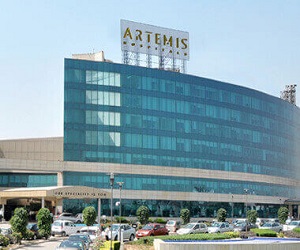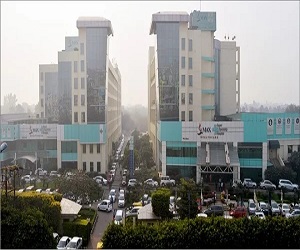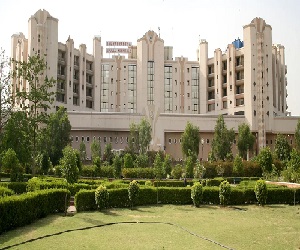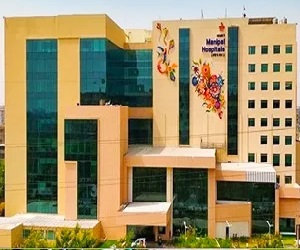PTCA, or Percutaneous Transluminal Angioplasty, is a treatment for coronary artery disease (CAD). It’s a minimally invasive procedure that improves blood flow to the heart by clearing blockages in the coronary artery. During PTCA, a small incision is made and a catheter is inserted into the artery under anesthesia. A balloon attached to the catheter is inflated to clear the blockage in the artery. The procedure typically takes about 1.5 hours, but preparation for any complications may extend the time.
Coronary artery disease is often diagnosed through an electrocardiogram (EKG or ECG), a test that checks the heart’s electrical activity. Another method is an angiogram, where a contrast dye is injected into the arteries to detect blockages. This procedure is minimally invasive and commonly used to identify blockages in the coronary arteries, including the left and right coronary arteries.
With its minimally invasive nature, the procedure boasts a commendable success rate of 72-78%. While there are potential risks, such as damage to internal organs or blood vessels by the catheter or balloon, these occurrences are rare, especially when performed by a seasoned cardiac surgeon.
After Surgery
Following a typical catheterization surgery, patients typically remain in the hospital for a brief period of 1-2 days, contingent upon their health condition. Many are discharged the following morning. Recovery spans 4-6 weeks, during which post-operative care, akin to other catheterization surgeries, is provided by healthcare professionals. Patients are advised against lifting their arms for at least a week to prevent complications at the incision site, which is crucial in avoiding opportunistic infections. Detailed instructions on wound dressing and bathing techniques are provided upon discharge and must be diligently adhered to. It’s paramount to keep the incision site dry and avoid soaking it during bathing. Regular dressing changes as per the provider’s instructions are essential. High-intensity workouts or exercises are to be avoided for at least 4-6 weeks post-surgery, until full recovery is achieved.
PTCA Percutaneous Transluminal Angioplasty cost in India are as follow
| Treatment | Cost in USD | Hospital Stay |
| PTCA Percutaneous Transluminal Angioplasty | 2000-2500 | 1-2 Days |
| ASD/VSD Closure Surgery | 7500-9500 | 3-5 Days |
| Cardiac Tumors in Children | 9500-11500 | 7-10 Days |
| Pediatric Heart Surgery | 2500-3000 | 5-7 Days |
Frequently Asked Questions
Q: How Long Does PTCA Take?
A: PTCA typically takes around 1.5 hours, but the duration can vary based on factors like additional procedures and complications.
Q: Will I Need to Stay Overnight in the Hospital After PTCA?
A: Whether you’ll need to stay overnight in the hospital after PTCA depends on factors like your overall health, the complexity of the procedure, and any potential complications. In many cases, patients can go home the same day if there are no complications, while others may require an overnight stay for monitoring.
Q: How long will I need to stay in India for the surgery and recovery?
A: The length of your stay in India for PTCA surgery and recovery will depend on factors such as your overall health, the complexity of the procedure, and your doctor’s recommendations. Typically, patients may need to stay for a few days to a week for the procedure and initial recovery, but it’s best to consult with your healthcare provider for personalized advice.
Q: How do I choose a hospital for PTCA in India?
A: Kindly share your report














